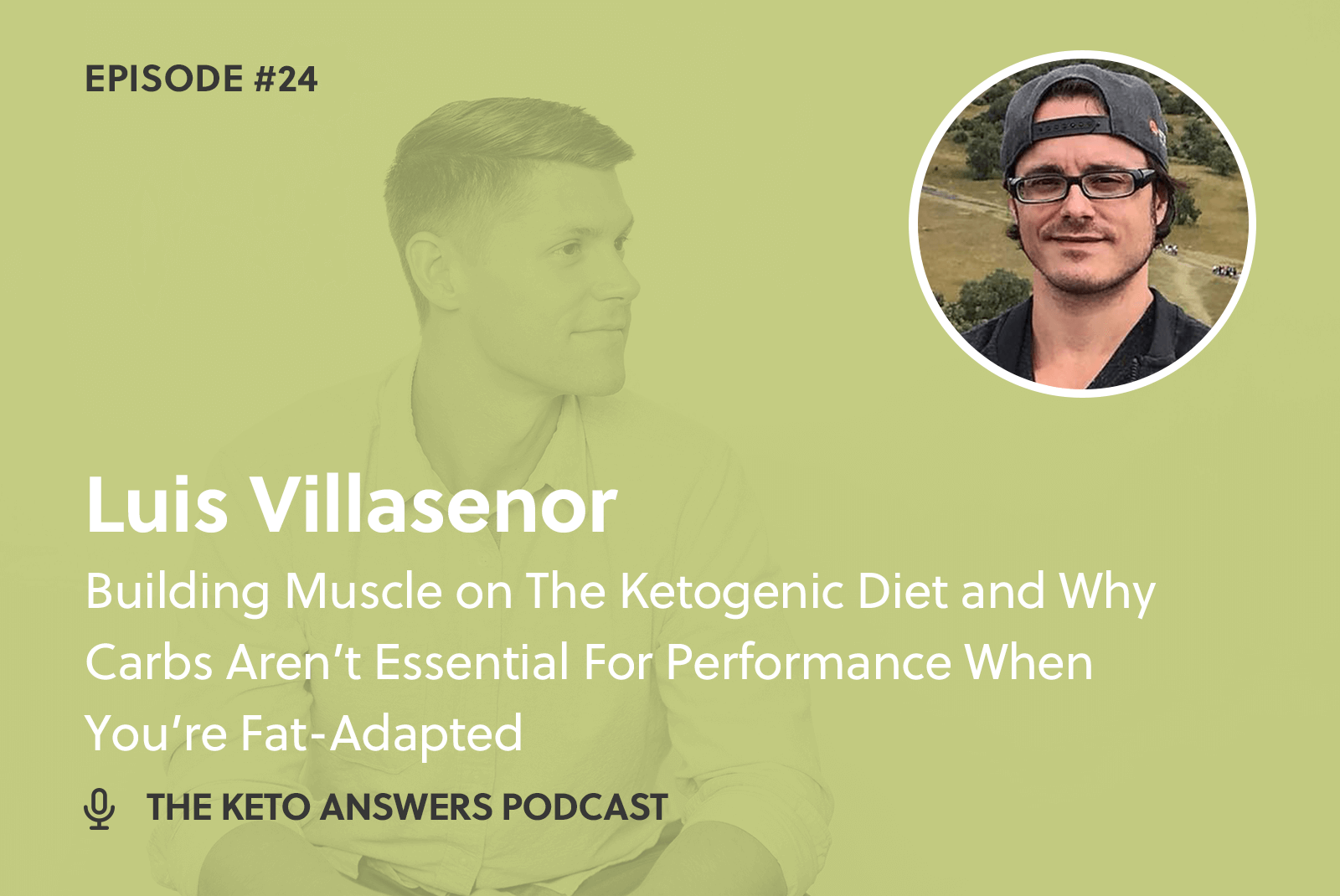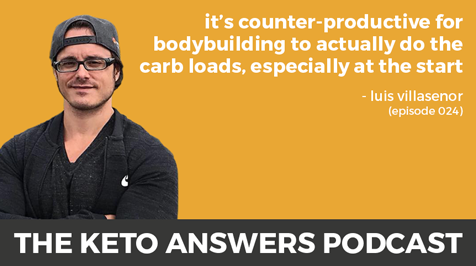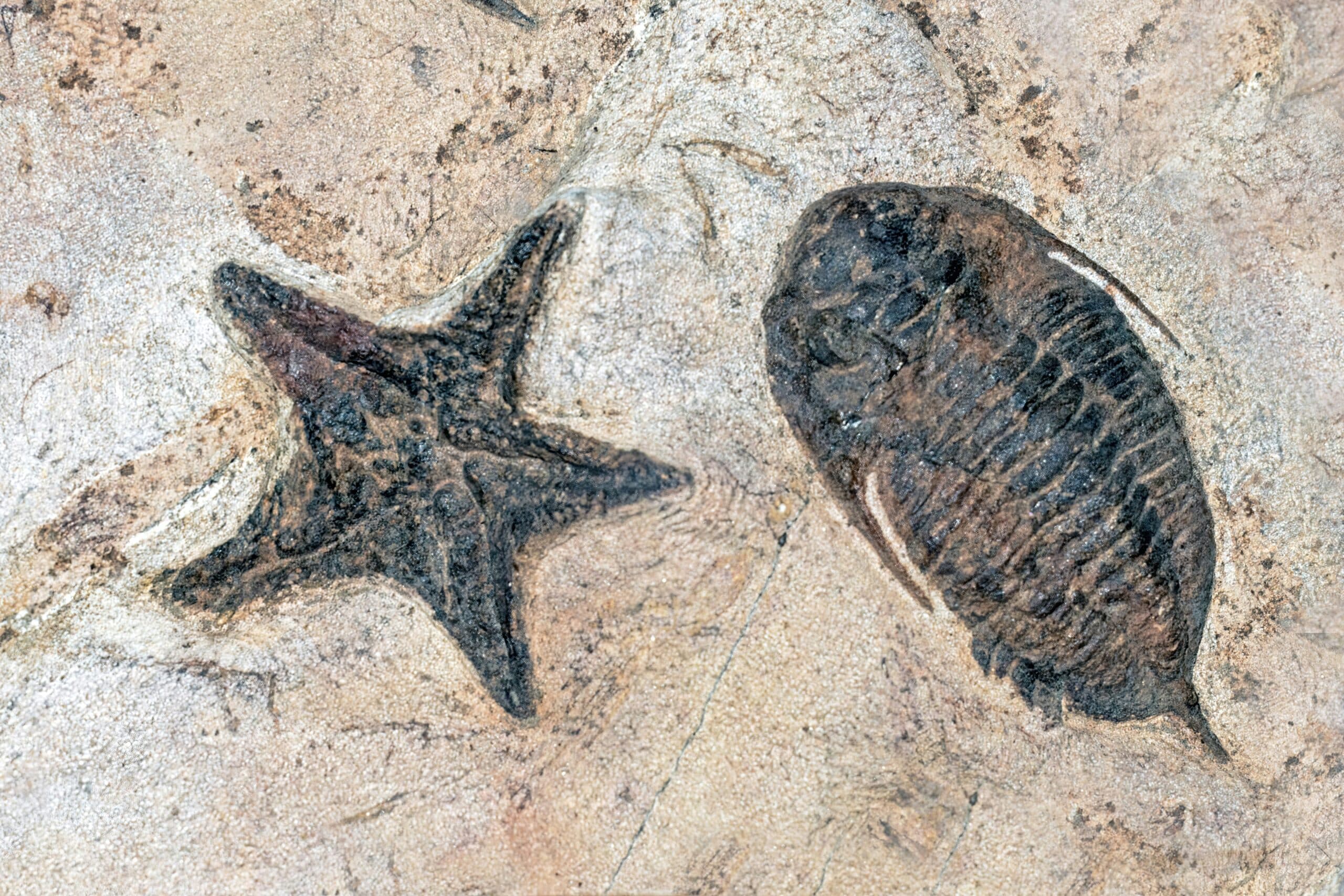
Episode #24
Building Muscle on The Ketogenic Diet and Why Carbs Aren’t Essential For Performance When You’re Fat-Adapted
If you’ve ever dabbled in strength training, you’ve probably heard it’s extremely important to eat carbs before and after your training session so you have enough energy to power through your workout and avoid losing mass. That’s true, at least for anyone on a carb-based diet. However, there are people like Luis Villasenor, who has […]
Guest
Luis Villasenor

If you’ve ever dabbled in strength training, you’ve probably heard it’s extremely important to eat carbs before and after your training session so you have enough energy to power through your workout and avoid losing mass.
That’s true, at least for anyone on a carb-based diet.
However, there are people like Luis Villasenor, who has been doing strength training for 17 years without relying on carbs.
Turns out, the rules of muscle building and performance change when you become fat-adapted through a ketogenic diet.
As Luis found out, you can build mass on keto because your body can burn fat for energy, spare your muscles, and make the glucose it needs by breaking down fat and amino acids internally.
This means you don’t need carbs to make gains, despite what your trainer or “experts” have told you.
Being fat-adapted changes how your metabolism works, so the way you eat to perform changes as well.
Luis Villasenor started his journey into bodybuilding as a teen because he wanted to look like Arnold Schwarzenegger — and today he’s one of the leading experts on muscle building on the ketogenic diet.
His successful but little-known approach to bodybuilding led him to found Ketogains, a website, community, and training service that helps people optimize their body recomposition through a ketogenic diet.
Join us to learn how to fine-tune your keto diet to gain mass and how muscle building changes when you’re fat-adapted.
What we normally suggest to our clients is to aim for 5 up to 7 grams of sodium throughout the day, and 2 of them would be ingested in the pre-workout. Share on XIn this episode, we go over
- How to follow a ketogenic diet when you’re doing strength training
- Why fat-adaptation helps to build muscle
- Why your body doesn’t need carbs for performance when you’re fat adapted
- The difference in muscle gains when you’re fat adapted vs. when you’re not
- Why carb loading at the beginning of keto can slow down your progress
- Why making ketones is not always the same as using ketones
- The reason you see a lot of ketones in your pee when you first start a keto diet
- Why electrolytes are so important for performance on keto
- The different ways to supplement sodium and how much to take in a day
- How intense strength training lets you increase your carb count and still remain in ketosis
- How much protein you should eat when doing strength training
- Why excess protein isn’t necessary for gaining
- Why your body doesn’t need carbs to make glucose
- Why you don’t need to a 1000 calorie bulk to build muscle
- Intermittent fasting and muscle gain
- Why the focus of the ketogenic diet should be health, not just ketone levels
- Why your ketone levels don’t determine whether you’re losing fat or not
- What cheat days do to your mindset
- Luis’ go-to pre-workout shake for strength training
- Why Luis prefers MCT oil over other fats for fuel
- Why Luis personally skips carb loading
- What Luis eats on a regular training day
If you enjoyed this episode, subscribe to the Keto Answers Podcast on iTunes to get automatic updates. Use Android? Click here to subscribe on Stitcher and here to subscribe on Google Play Music.
Mentioned in This Episode
- Luis’ website, Ketogains
- Luis’ Instagram, Twitter and Facebook
- Perfect Keto Matcha MCT oil
- Perfect Keto Exogenous Ketones







